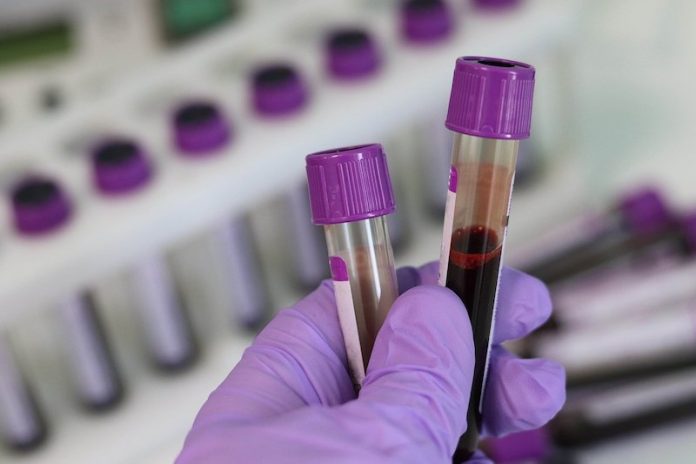
Atherosclerosis is a common artery hardening disease. The health condition occurs when fat, cholesterol and other substances build up in the walls of arteries.
The plaques narrow or block the arteries and cause problems in the body, such as dementia, heart disease, high blood pressure, and stroke.
In a recent study from the University of Cambridge and elsewhere, scientists have discovered a major cause of the hardening of the arteries.
They found the mechanism behind the hardening of the arteries and showed that an antibiotic drug used to treat acne may help treat the condition.
The study is published in the journal Cell Reports. Its leader is Professor Melinda Duer from Cambridge’s Department of Chemistry.
Previous research has shown that the health condition can happen to everyone as they get old, and can develop fasts in patients on dialysis, where even children can have calcified arteries.
In the study, the team found that a molecule once thought only to exist inside cells for the purpose of repairing DNA is also responsible for the hardening of the arteries.
They tested animals with chronic kidney disease and found that minocycline, a widely used antibiotic to treat acne, could treat hardening of the arteries.
This drug could prevent the build-up of calcium in the circulatory system and be highly effective in preventing artery hardening.
The researchers say the drug can be a potential treatment to reduce blood vessel calcification without any negative effects on bone.
They have patented and licensed their findings to Cycle Pharmaceuticals by Cambridge Enterprise, the University’s commercialization arm.
They will further test the drug treatment in patients in the next 12 to 18 months.
If successful, the new treatment may benefit many people and prevent many diseases from happening.
Copyright © 2019 Knowridge Science Report. All rights reserved.



